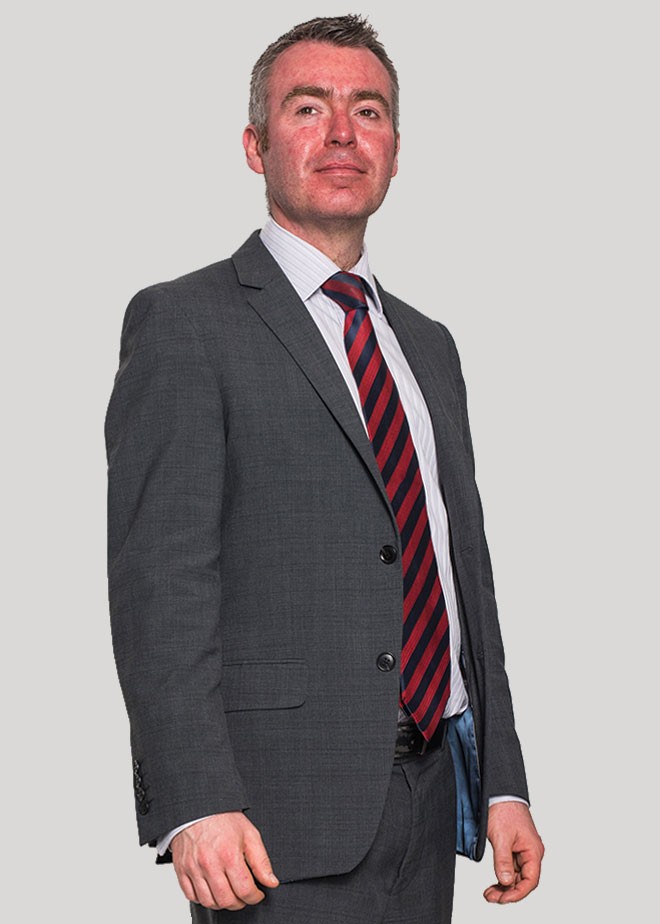
Amid the turmoil provoked by the Covid-19 pandemic, opportunities for illicit financial activity have increased, ratcheting up the pressure on everyone to remain alert. Accountants and finance professionals are in the forefront of the fight against such crimes and bear a particular responsibility for halting them.
To <sup>enhance</sup> the chances of successful prosecution and prevention, the head of global anti-money laundering organisation Egmont Group would like to see accountants work more closely with financial intelligence units. These units are specialist government agencies around the world that collect and share information on suspicious or unusual financial activity, which can be used by law enforcement agencies to detect and ultimately block dirty money flows.
Financial intelligence units analyse transaction reports from banks, accountants, lawyers, casinos and others with a legal duty to report suspicions about money laundering and terrorist finance. They work with police and prosecutors to bring money laundering cases to court.
Egmont Group is a forum that facilitates the exchange of intelligence and good practice among 165 financial intelligence units around the world. Its chair, Hennie Verbeek-Kusters, says support from accountants and auditors is of great value to her organisation and to the units.
‘Because of the service they deliver, accountants are in a position to identify transactions that are unusual and so might be related to money laundering and terrorist finance,’ she explains. ‘It’s of the utmost importance that they report these.’
Verbeek-Kusters, who was confirmed in her position in July, has called on international, regional and national accounting organisations to collaborate with Egmont to intensify relationships between financial intelligence units and the profession.
Whistleblowing challenge
Anti-money laundering laws in most countries generally impose legal duties on accountants to report suspicious transactions. However, Verbeek-Kusters, who is also head of the Netherlands’ financial intelligence unit, recognises it can be a struggle for accountants to blow the whistle. ‘They are connected to their clients; they have a relationship built on trust,’ she explains.
She offers the reassurance that, under international convention, financial intelligence units have operational independence in deciding which activities to refer to law enforcement. They sometimes can withhold sensitive information to avoid betraying a source, so preserving the professional relationship between accountant and client.
Marko Stolle, chair of Egmont’s Information Exchange Working Group, stresses the importance of this protection, given that accountants may have relationships with clients stretching back 20 years or more. However, it is the very closeness of the relationship that makes them perfectly placed to recognise a suspicious transaction, one that is ‘not something done by mistake’, but rather ‘somebody… trying to misuse the system’.
Stolle also points out that accounting expertise is valuable in analysing how major money laundering episodes take place. Accountants, he says, can offer lessons for the future and inspire new guidance on money laundering red flags, and even legislation.

‘Accountants are in a position to identify transactions that are unusual and so might be related to money laundering and terrorist finance…It’s of the utmost importance that they report these.’
Egmont Group
Founded in 1995 by a small collection of financial disclosure units seeking to cooperate, Egmont Group has developed into a platform for 165 financial intelligence units around the world to securely exchange expertise and intelligence to combat money laundering and terrorist financing. In 2018-19, 23,303 information requests were exchanged among Egmont Group member FIUs. The group also advises financial intelligence units on anti-money laundering operations and organises practical help for smaller units in poorer/less populous jurisdictions. Financial intelligence units securely request and share case information and post information about analytical tools and technological developments via Egmont’s secure web system.


